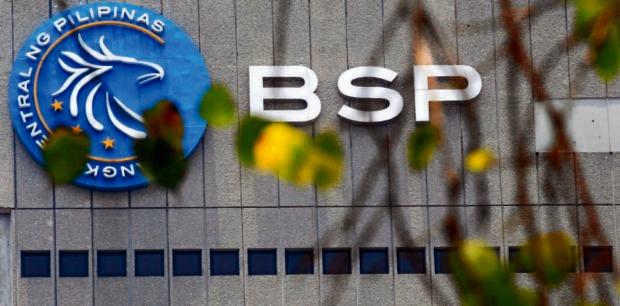The central bank has asked the real estate industry to be on guard against parties seeking to launder funds from illicit activities through the acquisition of property, saying brokers facilitating the purchase or sale of these assets should perform basic background checks on prospective clients.
Speaking before the annual convention of the Real Estate Brokers Association of the Philippines, Bangko Sentral ng Pilipinas (BSP) Governor Benjamin Diokno said industry practitioners were “expected to play an important role in upholding the integrity of the financial system.”
In his online speech, the central bank chief said real estate brokers were in a strong position to execute antimoney laundering and counterterrorist financing preventive measures given their involvement in the buying and selling of properties.
He noted that criminals typically use real estate for money laundering activities because investment in such is reliable, since prices are generally stable. These investments are also profitable because prices are likely to appreciate over time and the property may be used to generate income. Finally, they are functional since the property itself may be used as a home, an office or storage facility.
“Condominiums and other real property have been identified as assets of criminals in majority of fraud, corruption, and illegal drug cases,” he said, noting that the Anti-Money Laundering Council (AMLC) recently filed a petition for civil forfeiture of assets, including a real estate property in Cebu, relative to illegal drugs.
As of 2020, real estate with an estimated value of almost P900 million accounted for 22 percent of the total assets subject to civil forfeiture proceedings in the Philippines. The AMLC has been able to confiscate almost P30 million worth of real estate that was “used as a means to hide the proceeds of crime or as an instrumentality of crime, including terrorism financing.
Diokno noted that several real estate assets, which are subject of existing freeze orders, have also been found to be related to terrorism financing.
“Purchasing real property integrates illicit funds into the legal economy,” he said. When used for business activities, the purchased real property, such as a hotel or restaurant, may also provide what appears to be a legitimate source of income.” INQ
